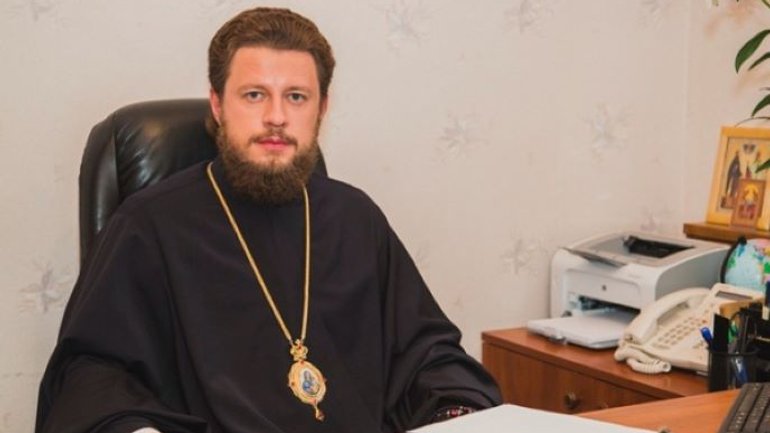Ukraine not on list of countries where Christians get persecuted – to ROCinU’s disappointment

“The number of martyrdom deaths worldwide has risen by 60%. Horrifying numbers! And most Christians died at the hands of torturers in Nigeria. Statistics say nine out of ten Christian victims were reported in Africa. As of today, Ukraine is not included in this sad list,” the publication quotes the bishop as saying.
He stressed that the trends “related to the activities of informal associations and far-right organizations”, as well as “interference of government agencies in the life of the Church are alarming in our time.”
The ROCinU bishop complained about “discriminatory laws” forcing their church to be renamed, and spoke of a “civic initiative to collect signatures to appeal to the country’s top officials” against the renaming. In addition, he recalled that since 2018, the ROCinU had filed about 400 lawsuits.
It should be recalled that the ROCinU spokesman Nikolay Danilevich threatened to lead 2 million believers to the streets in case of any further “pressure” on the Moscow Patriarchate on the part of Ukraine government. He also called the law on renaming the Ukrainian Orthodox Church of the Moscow Patriarchate (UOC-MP) a “threat to the unity” of Ukraine.
It should be emphasized that the so-called UOC-MP, or ROCinU, has a Moscow-based governing body, as can be seen from its charter, while the clergy in Ukaine must comply with the decisions of the Local and Bishops’ Councils of the Moscow Patriarchate. Even before the outbreak of Russian-Ukrainian war, ROCinU’s top leadership didn’t hesitate to use the “Moscow Patriarchate” prefix in official documents, on websites, and signs on church facades. In the occupied territories, the signs either remained unchanged (UOC-MP), or the name “UOC” was gone altogether so churches were referred to as part of simply “Moscow Patriarchate”, while in the non-occupied territory of Ukraine the “MP” (Moscow Patriarchate) prefix is gradually being dropped.









